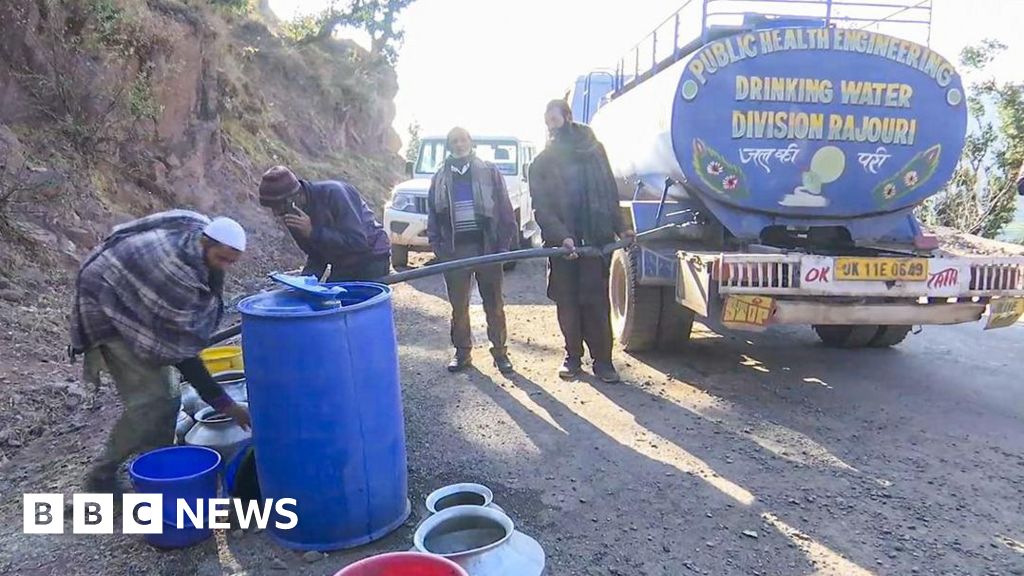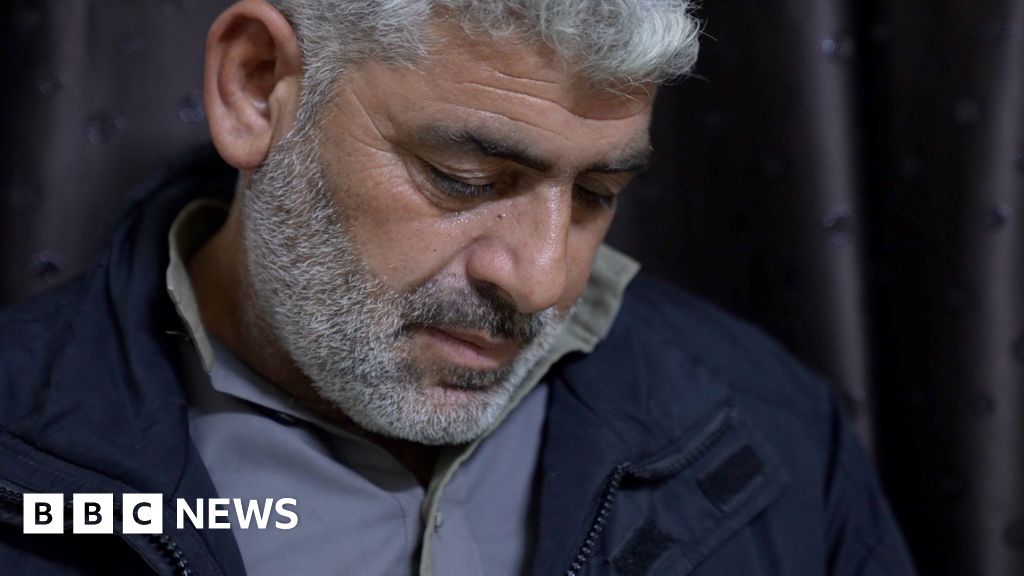ARTICLE AD BOX
Watch: Storms lash Victoria state, Australia
By Kathryn Armstrong
BBC News
Nearly half a million homes were left without power in the Australian state of Victoria after a storm knocked out parts of the network.
Videos posted online showed torrential rain and gale-force winds uprooting trees and blowing entire sheds away.
The wild weather has also hampered efforts to fight huge bushfires in the state's west.
A catastrophic fire weather warning has been issued in one region - Australia's highest level of bushfire danger.
The state's energy minister, Lily D'Ambrosio, said Tuesday's power blackout was one of the largest in Victoria's history.
"At the peak, 529,000 were without power due to physical damage to power lines caused by extreme weather," she said in a post on X, formerly known as Twitter.
The outages happened after a number of transmission towers collapsed in the storm - forcing a power station to shut down.
There was also widespread disruption to transport in Melbourne, with half of the city's train lines being suspended.
Public Transport Victoria (PTV) said it had been forced to shut many lines down due to multiple reports of storm damage.
Severe weather warnings were issued by the Bureau of Meteorology but most of them were later cancelled.
In the western Wimmera region, a catastrophic fire weather warning has been issued.
Conditions there are said to be the worst since the catastrophic wildfires four years ago. that killed 480 people, destroyed 2,500 homes and burned 24 million hectares of land - an area the size of the UK.
Five firefighters suffered minor burns when the vehicle they were in was overtaken by fast-moving flames in the town of Pomonal.
"Obviously a very frightening experience for everybody involved," Chris Hardiman, chief fire officer for Forest Fire Management Victoria, told public broadcaster ABC News.
Emma Kealy, an MP for the county of Lowan, said she had been told that as many as 30 properties had been lost in the local area.
Australia has already dealt with hundreds of fires, some of which have turned deadly, since summer officially began in December - although the fire season started well before that.
Last winter was the country's warmest since records began more than 100 years ago, according to the Bureau of Meteorology. That was followed by its driest Autumn.
The world's top climate scientists have warned that a future full of worsening disasters, including storms and fires, is likely unless urgent action is taken to tackle climate change.

 11 months ago
141
11 months ago
141








 English (US) ·
English (US) ·